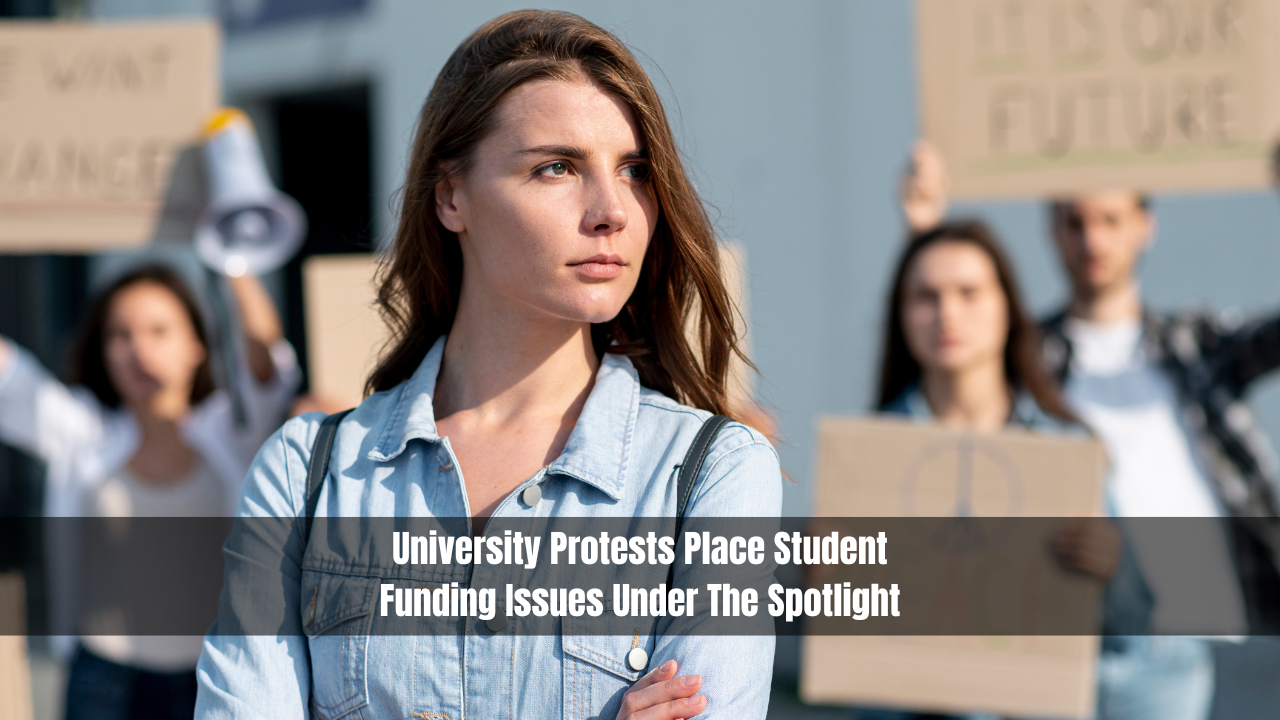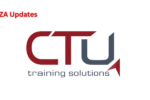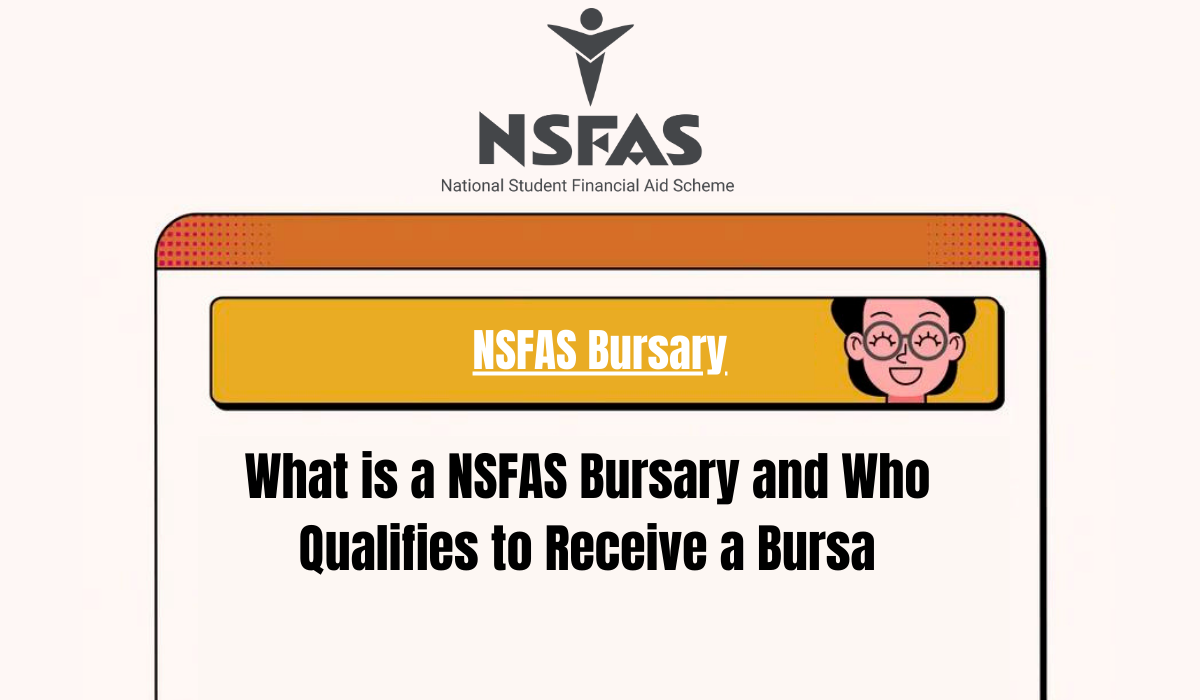University Protests Place Student Funding Issues Under The Spotlight. Protests occurred at several university campuses in South Africa this week. Students are protesting against financial exclusion, placing the spotlight on student funding in the country.
Mahfouz Raffee, Head of Research for Equal Education, described the lack of sustainable solutions to South Africa’s student funding challenges as disheartening. This week, protests arose at several institutions across the country.
These include the University of Cape Town (UCT), where protesting students disrupted the first day of the 2025 academic year, and the University of Witwatersrand, where students are embarking on a hunger strike due to financial exclusion. Further protests occurred at the Cape Peninsula University of Technology (CPUT) and Nelson Mandela University, facing similar challenges.
University Protests Place Student Funding Issues Under The Spotlight
A number of institutions across the country have been protesting this week.
University of Cape (UCT), where protesting students disrupted the beginning of the 2025 academic year, and University of Witwatersrand, where students are on hunger strike due to financial restrictions.
Worsening Conditions on Campuses
Raffee noted that the situation at South African campuses is worsening. They argued that the government’s continued use of austerity measures has yielded little results. If anything, things are getting worse. The government is continuing to embark on austerity despite having little to show for it, and in higher education, this is particularly dire with billions of rands being cut over the medium term.
National Student Financial Aid Scheme (NSFAS)
The National Student Financial Aid Scheme (NSFAS) is set to fund close to one million students in 2025 by paying their fees and providing them with allowances to cover essential costs. Since the NSFAS bursary was introduced in 2018, it has exclusively funded students from poor and working-class backgrounds with a household income of less than R350,000 per annum. Recently, the scheme extended its coverage to fund missing-middle students through the provision of loans.
Challenges with the NSFAS Loan
While the introduction of the NSFAS loan will mean that many students can access tertiary education, Raffee described the loan as a plaster on a bullet wound. The need for funding is greater than what NSFAS covers under the loan income threshold. The current NSFAS threshold is far too low. The median household income in South Africa is about R95,000, and the average cost of tuition in South Africa is R56,000, which is half a household’s income for most of the country and certainly unaffordable to anybody.
Call for Comprehensive Funding Increases
Raffee said it is unfortunate that after the heroic #FeesMustFall activists fought to increase the accessibility of higher education, a lack of political will due to misguided economic and fiscal policies is undermining efforts. They called for comprehensive public funding increases for education at all levels, warning that without urgent action, both higher and basic education in South Africa faces a deepening crisis.
FAQs About University Protests and Student Funding Issues
Q 1: What are the students protesting about at South African universities?
Ans: Students are protesting against financial exclusion, which has placed the spotlight on student funding issues in South Africa.
Q 2: Which universities are involved in the protests?
Ans: Protests have occurred at several universities, including the University of Cape Town (UCT), University of Witwatersrand, Cape Peninsula University of Technology (CPUT), and Nelson Mandela University.
Q 3: What solutions have been proposed for South Africa’s student funding challenges?
Ans: Mahfouz Raffee has called for comprehensive public funding increases for education at all levels to address the deepening crisis in South Africa’s higher and basic education systems.
Conclusion
South African university protests highlight the urgent need for sustainable student funding solutions. The current financial aid schemes are inadequate, and without comprehensive public funding increases, the crisis in higher and basic education will deepen. Immediate action is essential to address these challenges.









